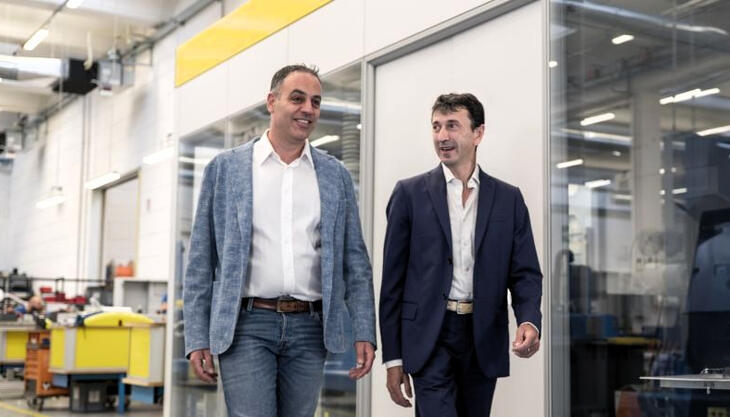Future of bioplastics
A jointly commissioned study on bio-based plastics has been published by European Bioplastics and EPNOE (European Polysaccharide Network of Excellence). Forecasts concerning capacity developments and technical substitution potentials are the focus of the investigations carried out at Utrecht University. New bio-based polymers have been available in the market for approximately one decade. Recently, standard polymers like polyethylene, polypropylene, PVC or PET, but also high-performance polymers like polyamide or polyester have been totally or partially substituted by their renewable raw materials equivalents. The starting raw materials are usually sugars or starches, partially also recycled materials from food or wood processing. The study demonstrates that up to 90% of the current global consumption of polymers can technically be converted from oil and gas to renewable raw materials. Bio-based plastics will not substitute oil-based polymers in the near future for several reasons including low oil price, high production cost and restricted production capacity of biomass-based polymers that limit the technically possible growth of these plastics in the coming years. Important major projects were delayed in the years 2008 and 2009 due to the financial and economic crisis. The role that lightweight conventional plastics played in the past, substituting durable materials like iron and steel in vast products, could soon be taken over by biobased plastics.



















